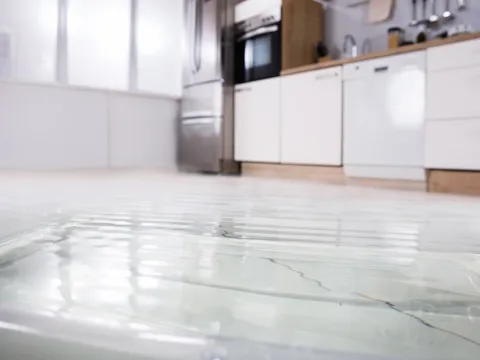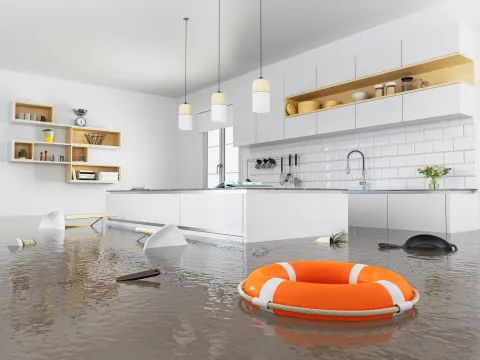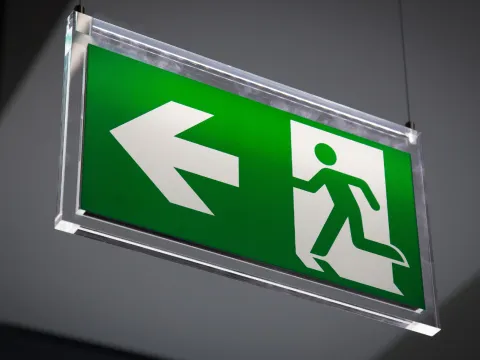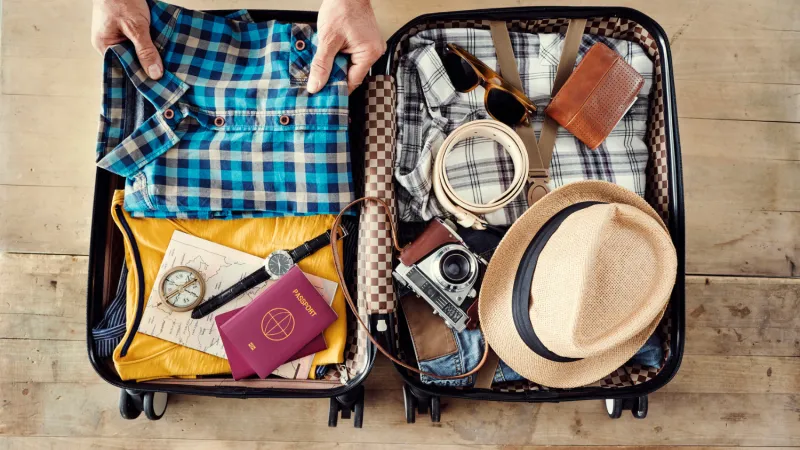
15 Things You Should Do Around Your Home Before Going on Vacation
Summary
Reading Time
10 min
Beach hair, don’t care? Out of office and out to sea? Life’s better in sandals? Trust us, we understand how sweet life can be in the sand. And really, it’s all fine and sandy until you get that text telling you that your home has been broken into. So, no matter your vacation motto, there are things around your home that you have to do before setting sail. Don’t worry—our team at Sandbox is here to help you. Here are our 15 Things You Should Do Around Your Home Before Going on Vacation.
1. Lock all doors and windows.
Seems like common sense? You’d be surprised how many people have to run back in because they forgot something and then, in the rush of the moment, don’t lock back up on the way out. Paladin Security reports that 50% of burglaries occur from unlocked doors. Whether it’s due to worn-out locks, not going back to double-check if they’re locked, or forgetting about the back door, this simple act can be the difference between causing damage to your home and losing your most precious valuables. If it’s left to you to lock up while your family waits in the car, there’s too much room for things to go wrong. We recommend making it everyone’s job in your home to make sure that all windows and doors are locked or having a smart lock system that automatically locks the doors as you exit the premises.
2. Arm your security system and cameras.
Doorbell cameras, hidden cameras, decoy stickers, and alarms are all methods that have been proven to stop burglaries and prevent losses. Security systems not only add value to your home but also make it a safer and more effective place to live. From a public poll by Canadian Underwriter, 76% of their respondents claimed that an alarm system that is monitored is an effective tool for improving the security of their homes. Even better yet, having a security system that is linked to your smartphone can be your first indicator when something isn’t right. Some apps will even notify you if you’ve forgotten to arm the security system when you leave your home. They can detect motion and unusual activity on your premises, while others can notify you if there’s been an entry in and out of your home and call the police. Turning these security app notifications on can be the difference between night and day, protecting your home and all the contents inside of it while you’re away.
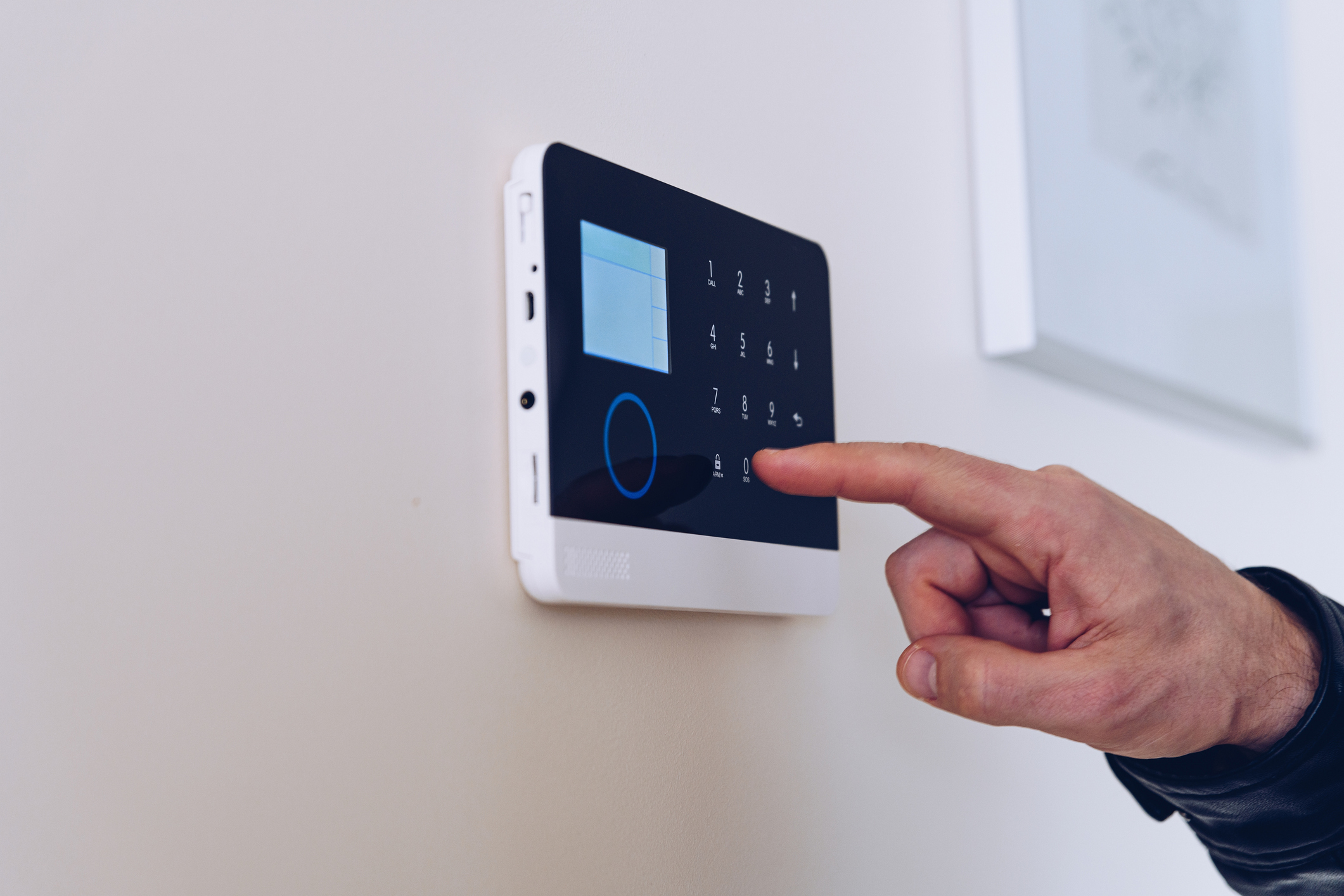
3. Turn off your main water supply.
Security systems and cameras can stop the threats outside, but not the inside ones. By turning off your main water supply when you leave for periods of time, you can stop those floods and freezes before they happen. And we all know — they always happen when we’re not home. For more information about how to turn your main water line off in your home, check out our blog, “Why and How to Shut Your Water off When You Leave Home.”
4. Unplug inessential household items.
We promise, your Kitchen-Aid stand mixer will still be ready for you when you get back. But let’s decide together: what are considered inessential household items? To start, unnecessary household items that should be unplugged can be any small kitchen appliance, heaters, lamps and various lighting fixtures, power outlets, or electronics. By unplugging these household items, you are not only taking eco-friendly and cost-effective measures but also stopping any electrical fires and sparks from igniting. To prevent electrical hazards and fires in your home, do it the delightfully simple way: if it can be unplugged, unplug it.
5. Turn off the lights.
If you’re planning on leaving some lights on to show activity in the home, we recommend setting them on a timer or getting some smart lights that can be turned off and on from your phone. This way, the lights don’t overheat by being left on for a week or more, and it appears more natural to have them flick on and off at random. Do a quick walk around your home before you leave to make sure all the lights that should be on are turned off or unplugged. If you have outdoor lights, we recommend setting these on a timer from dusk to dawn while you’re away, too! Thieves don’t like to break into well-lit areas as they do not want to be seen, so having outdoor lights on is your best bet to stop break-ins and vandalism.
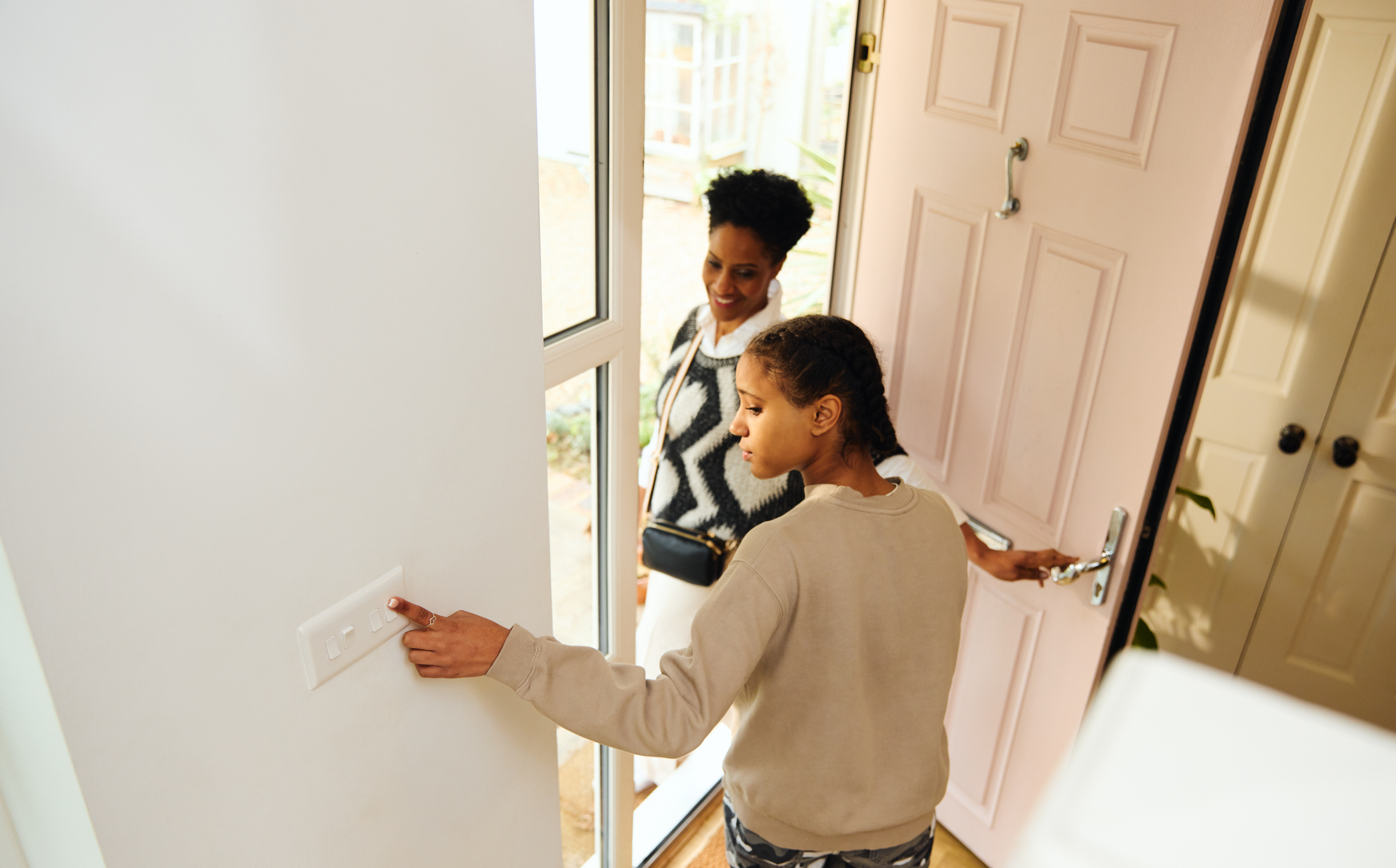
6. Tidy up inside and out.
Don’t leave those chores waiting for your return. Tidying up the appearance of your home right before your departure makes it appear well-kept. A day before you leave, be sure to cut the grass, water plants, empty mailboxes, dispose of trash and recycling, and do any other yard work or home maintenance that needs to be done that can be seen from an outsider’s perspective. When it comes to the inside of your home, there are several reasons you should clean up before you leave. First, get rid of perishable foods that will expire during the time you are gone. You don’t want bacteria and mould to grow or, worse, corrode away at anything in your absence. Secondly, by tidying up and putting everything away, you’ll be able to recognize if anything is missing. For instance, if your home experiences a robbery, you’ll know exactly what was taken and from where if everything was in its proper place before you left.
7. Close most of the blinds and drapes.
This is a common mistake vacationers make when leaving their home unattended. When all the blinds and drapes are closed, your home sticks out like a sore thumb to burglars. It is abnormal for someone who lives in their home to leave their blinds closed all day, every day. Be sure to leave them cracked open slightly or choose which set of curtains to leave partially open. Whichever you choose, be sure no valuables are in sight from the outside looking in.
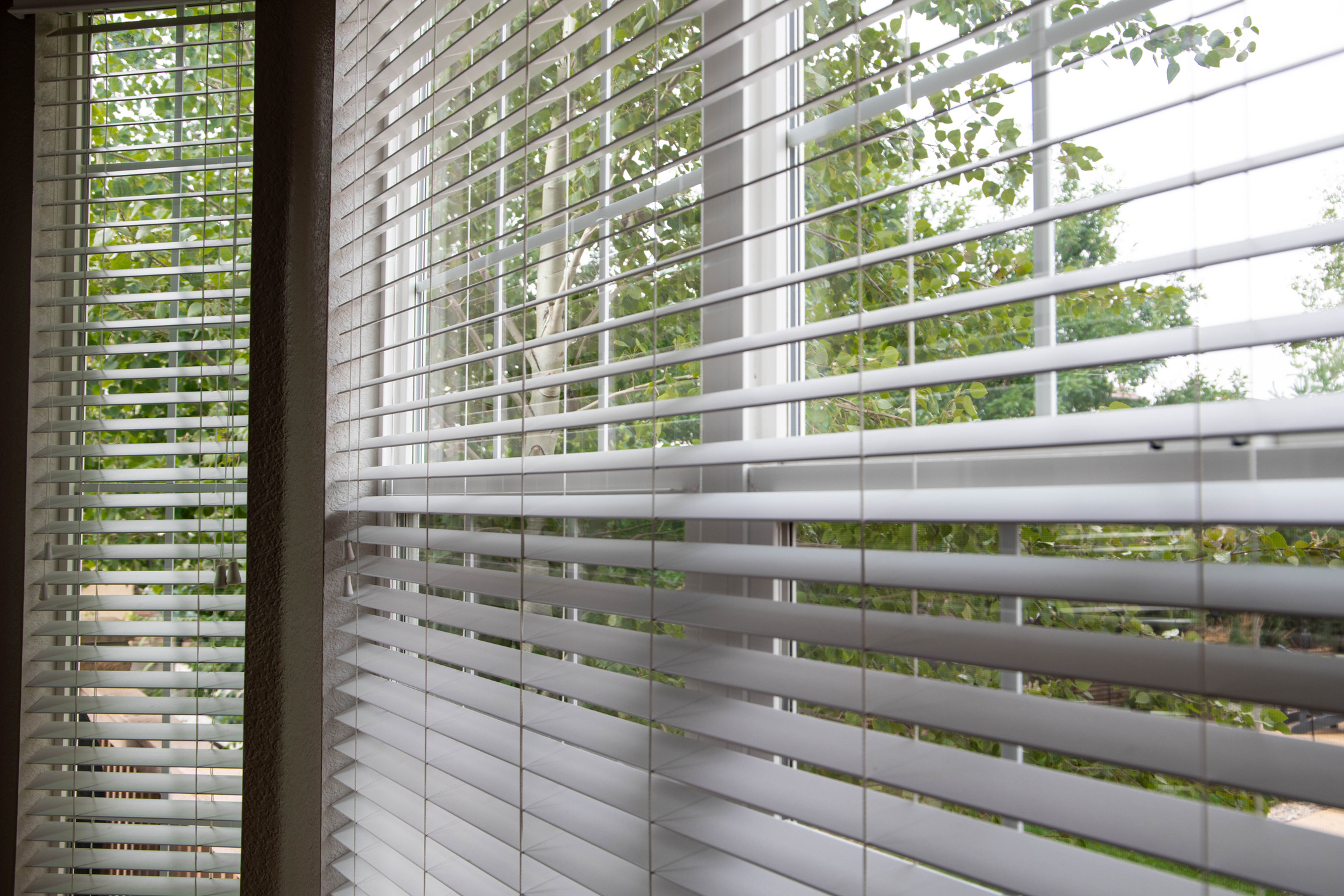
8. Test your detectors.
Before taking off, check that your smoke and carbon monoxide detectors are programmed accordingly, fully charged, and functional — especially if you have a pet or housesitter staying. You’ll want to protect them from any harm or danger to ensure they are safe while living in your home.
9. Keep your phone on you at all times.
While you may be leaving it at home or shutting it off on purpose to seek some much-needed r’n’r time, nothing stirs a panic more than “10 missed calls from your housesitter” or seeing security camera alerts of unusual activity in your yard. The easiest solution to this is to bring your phone with you wherever you go and check it from time to time. If you’re going out of cell service range, be sure to set your security systems up to a different trusted contact of yours in case of suspicious activity in and around your home.
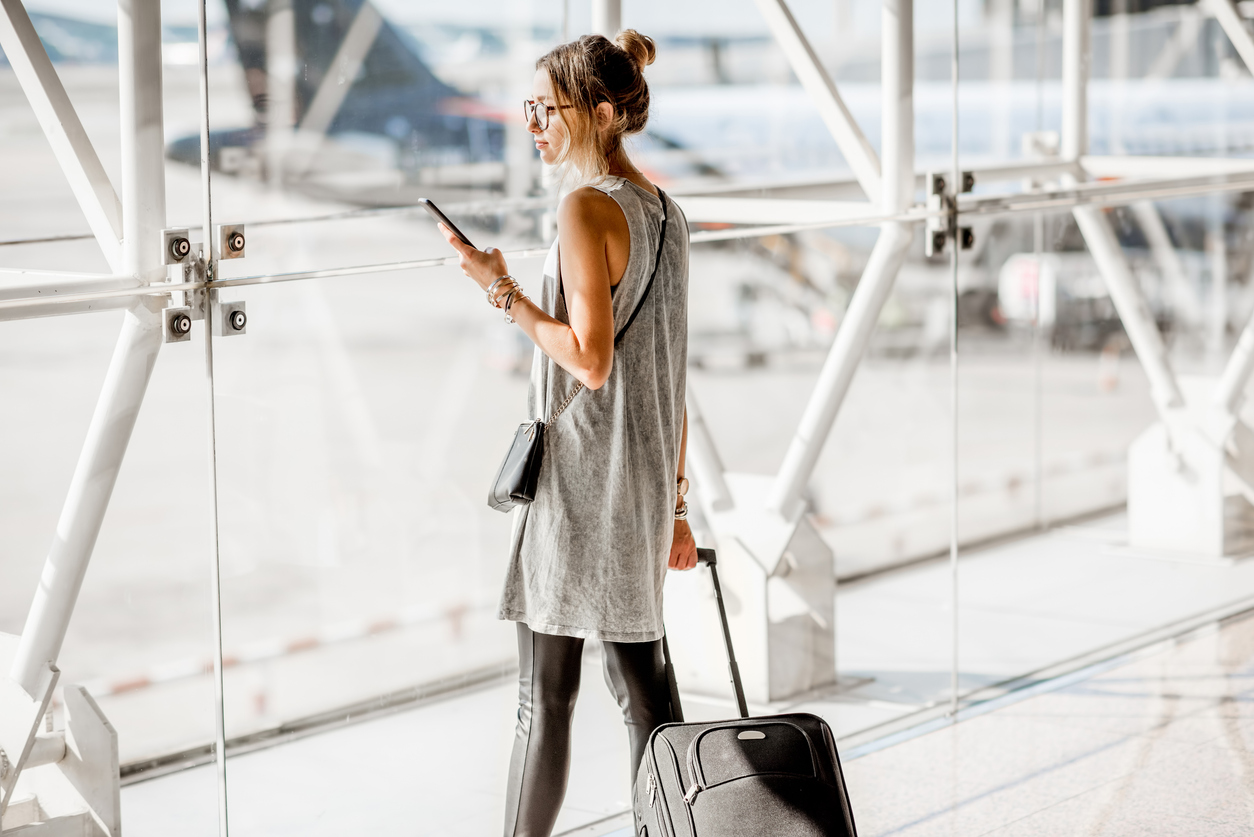
10. Leave a spare key with a trusted family member or friend.
The good ‘ole under the welcome mat trick doesn’t work anymore. Home burglars know where to look when it comes to outside spare keys. Before you go on vacation, drop off a spare key to your home to a loved one so that they may enter the premises if they need to in case of an emergency. We also suggest installing a number code door lock. This way, you can simply share the code with the person who will be checking on your place.
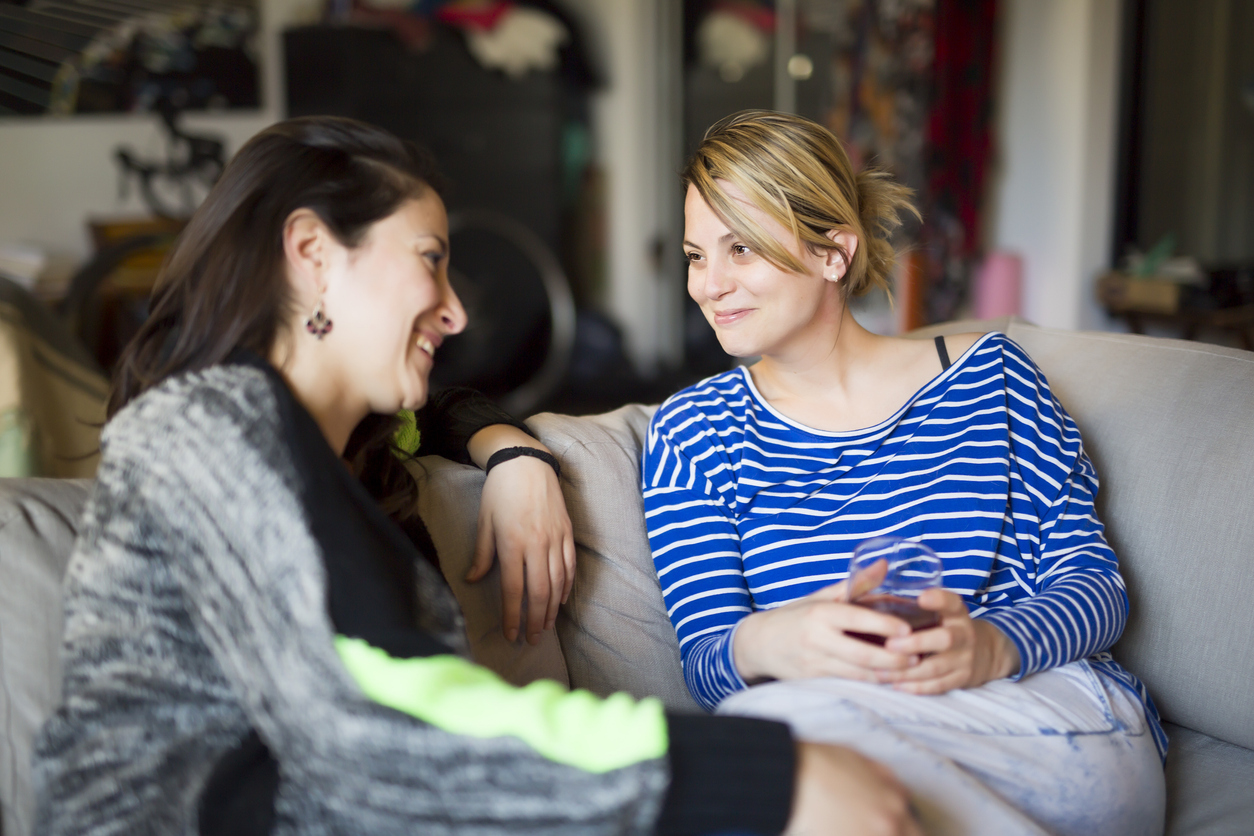
11. Update your inventory.
If things get stolen and you have property insurance coverage in Saskatchewan, Alberta, or Manitoba for your belongings, documented evidence always helps to speed up the process and provide records of your contents. Before you embark on a trip, take photos and videos of your belongings. Being able to prove that you owned all these valuables right before you left will help greatly with your claim and help you remember the things you’ve lost. That being said, if any valuables are priceless to you, we recommend locking them away in a safe or hiding them in a secure spot out of plain sight.
12. Keep your trip on a need-to-know basis.
What we mean by this is to keep the trip to yourself as much as possible. Share the dates of your trips only with those who need to know for the safety of yourself, your pets, and checking on your home. By sharing the timeline of your trip with others in public settings, you never know who is listening. Secondly, if you’re setting an automatic email response signifying that you are out of the office, be sure not to disclose too much information. Away messages should only state that you are away from the office at this time and potentially when you will be returning to work. Don’t give the impression that you are out of town and your home is unoccupied. Lastly, be mindful of your settings on social media. It’s hard not to post pictures and status updates while you’re enjoying yourself on a vacation you’ve been looking forward to. However, if you have a public profile and everyone and anyone can watch your posts, reels, and stories, you may want to filter who can see your content while you’re away from home or wait until your return to post about your trip.
13. Internal temperature.
Another mistake people make when leaving for holidays is setting their thermostats to drastic temperatures. If you reside in a warmer climate, don’t set your thermostat too high in hopes of giving your A/C a break. If your thermostat is set too high, your home may start to smell and form mould and mildew. If you live in a colder climate and want to give your heating elements a bit of a break, don’t set your thermostat too low. The last thing you need is your pipes bursting from freezing over. We recommend only modifying your thermostat by 5 degrees above or below to not disrupt the environment in your home.
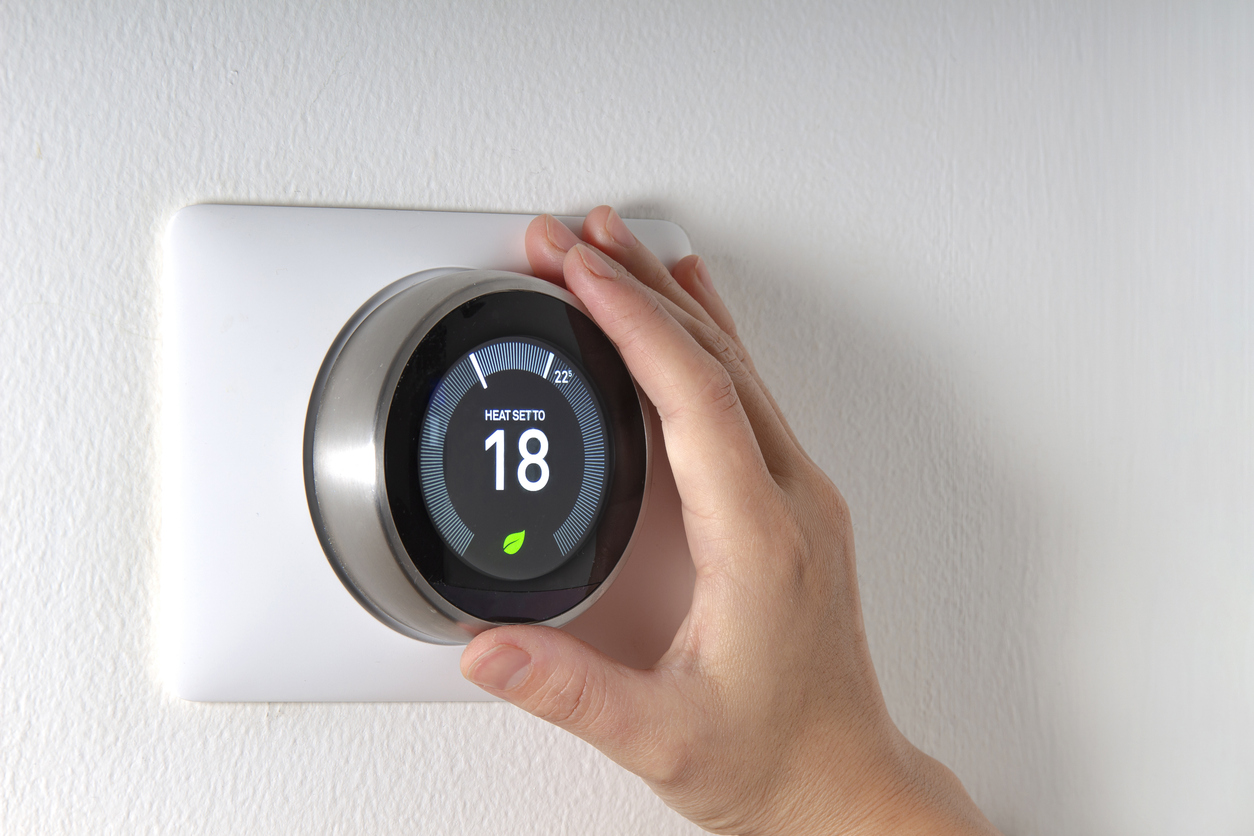
14. Maintenance checks.
First, your gutters. Your gutters can overflow if they are filled with leaves, snow, or other debris. Gutters are vital for redirecting water away from your home and stopping it from seeping into your home. Be sure to clean out your gutters and make sure they are free of any obstructions before embarking on an extended time away from home.
Second, your sump pump. While your sump pump should be inspected regularly, be sure to test it yourself before going on a trip. If your sump pump fails while you’re away, groundwater can rise and seep into your home. For help testing your sump pump, please resort to contacting a professional for servicing.
Lastly, your window wells. If you have window wells, they should be cleared of any dust and debris as it’ll reduce the risk of water damage.
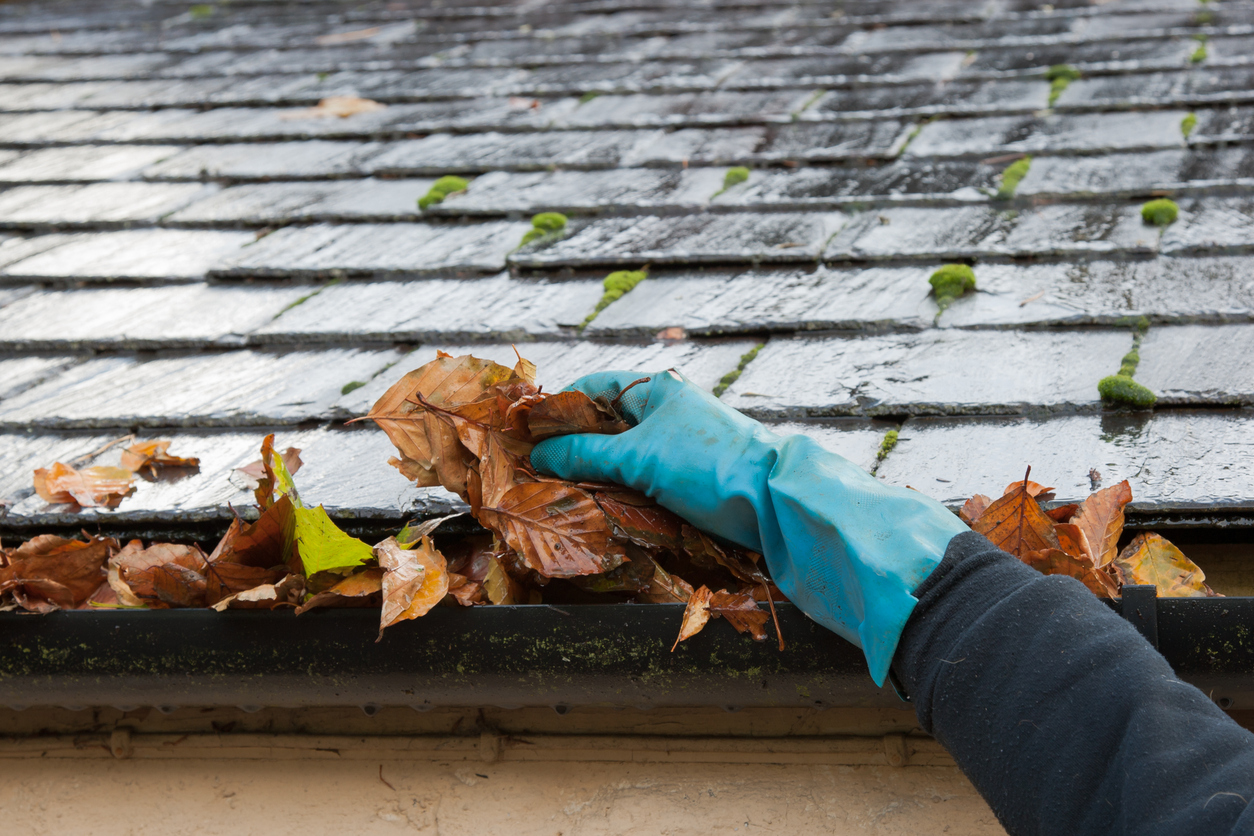
15. Arrange a housesitter.
Having a trusted person stay at your home during your absence is the best way to make your home look active and not vacant. They can bring in your mail and garbage bins, mow the grass, shovel the snow off the driveway, park their car in front of your home, and more! You also know that you will be the first to be notified if anything goes wrong.
While it may seem tedious to do some of these things at first, keeping a checklist and completing it regularly can make departing on vacation hassle-free. Somehow, a robbery isn’t the only thing that can go wrong when you’re away on vacation… so something is still missing here. While you can take 15 preventative measures to protect your home, the ultimate shield takes the form of Property Insurance from Sandbox. Condo, home, landlord, cabin & cottage, and tenant property insurance with Sandbox means protecting your building and contents, personal property, and interests. Find a Sandbox Mutual Insurance broker near you to get a quote by using our virtual Broker Map.
Please note that the information in this article may not accurately reflect your insurance policy from Sandbox Mutual Insurance or another insurance company. Please refer to your policy or talk to your broker about your specific coverages.

FAQ'S
Do I really need to do all these steps before going on vacation?
We get it — the beach is calling, and your suitcase is already in “vacation mode.” But yes, these steps seriously matter. Locking up, shutting off your water, unplugging appliances, and setting lights on timers can prevent everything from break-ins to surprise indoor swimming pools. A few minutes of prep = a vacation that’s actually relaxing… not one interrupted by frantic phone calls and insurance claims.
Why is turning off my main water supply such a big deal?
Because water has a special talent: it only misbehaves when you’re not home. Shutting off your main water line prevents burst pipes, leaks, and the kind of soggy disasters that ruin floors, furniture, and vacations. One quick twist can stop thousands of dollars in damage — and you’ll return to fresh floors instead of an accidental indoor lagoon.
Should I post about my vacation on social media while I’m away?
As tempting as it is to show off that sunset, it’s best to save the reel for your return. Public posts can unintentionally advertise an empty home — a dream scenario for burglars. Snap away, enjoy every moment, and then drop the whole photo dump when you’re back on solid (and safe!) ground.

